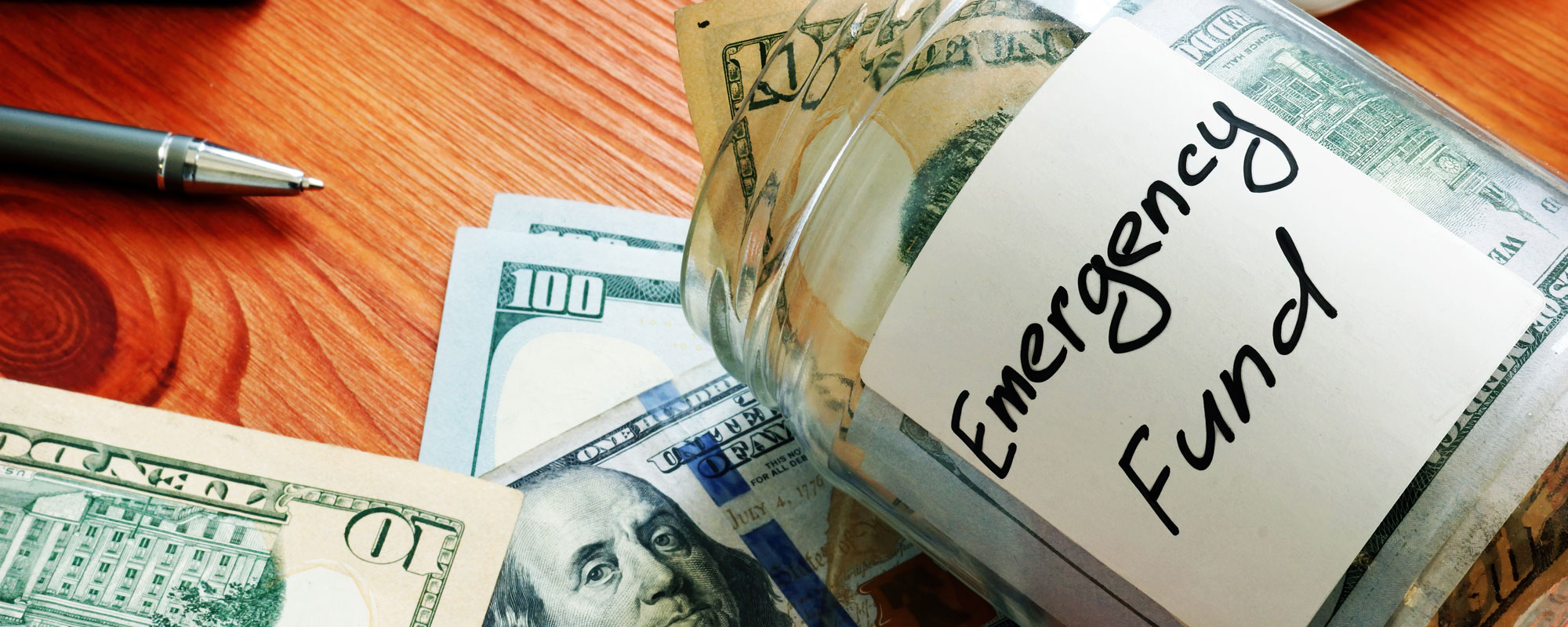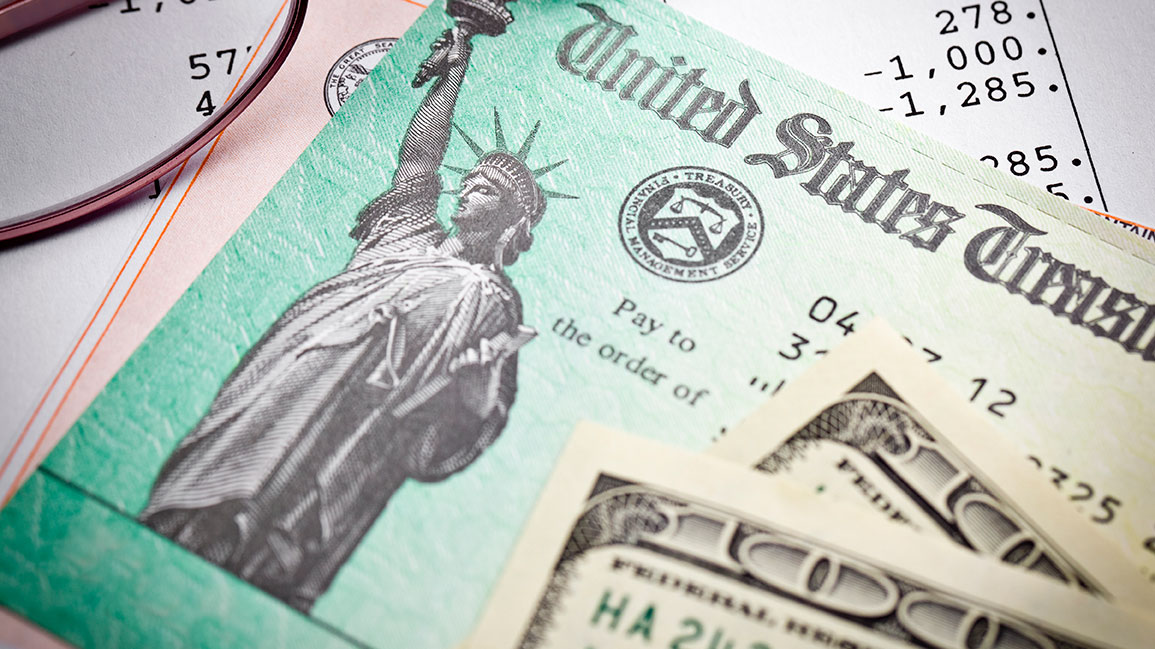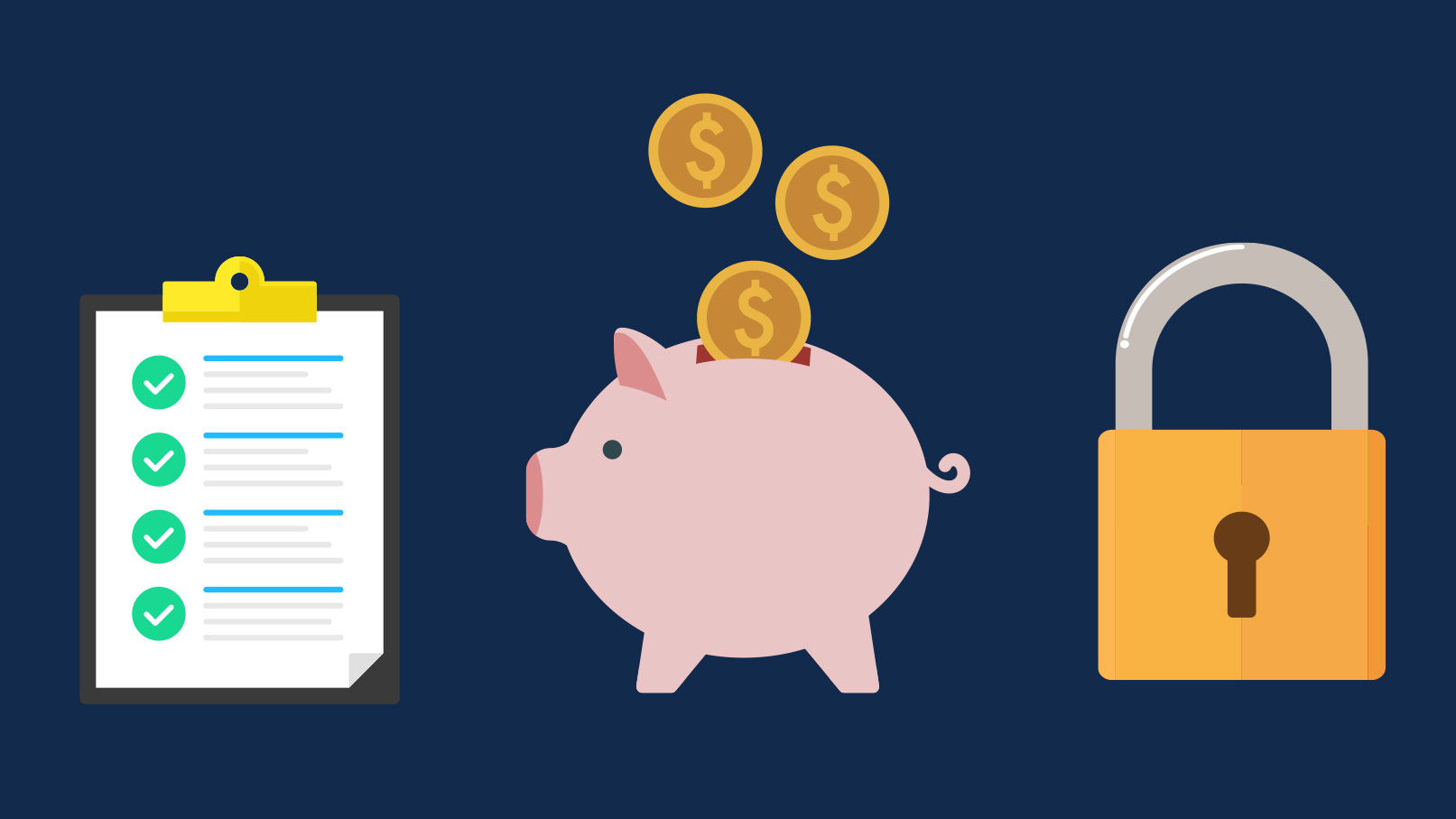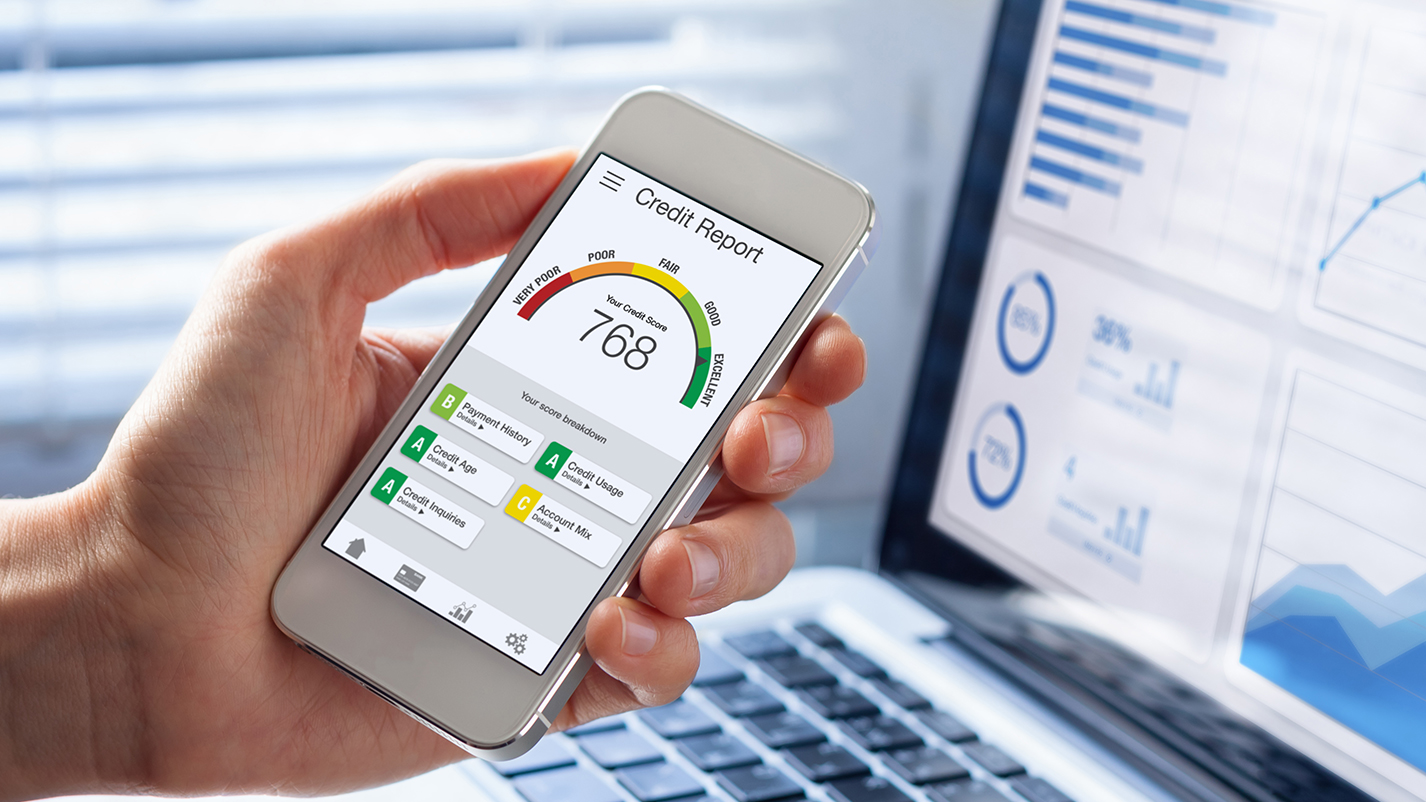
We all know it’s important to create and stick to a budget, but many people forget to plan for the unexpected. Building an emergency fund can help prevent you from spiraling into long-term debt when a surprise life event happens. According to Bankrate’s 2025 Annual Emergency Savings Report, one in four Americans have no emergency savings at all, and the majority of people are uncomfortable with their level of savings.
Here’s a closer look at why an emergency fund is so important and how to begin building your own.
Why is an emergency fund essential?
- Financial security. Unexpected expenses can arise at any time. An emergency fund provides the financial buffer needed to handle these surprise costs without throwing off your financial stability.
- Debt prevention. Having savings set aside can help you avoid debt when the unexpected happens.
- Less stress. Knowing there’s a financial cushion in place to help you navigate an unexpected financial situation can help you sleep better at night. In addition, when an emergency strikes, the fund can help alleviate the financial anxiety that may happen with uncertainty.
Common uses for an emergency fund.
- Job loss. An emergency fund ensures you can manage essential expenses while seeking new employment.
- Medical emergencies. Savings can help cover deductibles, treatments, or medications that are not covered by insurance. If you need to take time off work, your emergency fund can also help cover expenses.
- Home or car repairs. An emergency fund allows for timely car and home repairs without financial strain.
How much should you save?
Experts, including MSGCU’s Certified Credit Union Financial Counselors, typically recommend setting aside three to six months’ worth of living expenses in an emergency fund. However, the exact amount should be tweaked to individual circumstances and budget needs.
Building your fund.
Saving three to six months’ worth of expenses can seem daunting, so here are some tips for getting started:
Assess your expenses.
Develop a monthly budget based on your income and expenses to see how much you can save after essential costs like your mortgage payment, utilities, and groceries are covered.
Set realistic goals.
Use your budget to help you determine an achievable savings goal for the year, and break that down to monthly milestones.
Trim your spending.
Think of ways you can cut back on nonessential costs like entertainment, dining out, or other extracurricular activities.
Use windfalls to boost your emergency fund.
If you receive a large amount of money, such as a bonus from work or a gift, add it to your savings for peace of mind your fund is growing.
Automate your savings with a monthly transfer.
Set up an automatic transfer to your MSGCU Savings Account. This is one of the most popular tips from our experts - you don’t even have to think about it, and your savings keeps adding up!
Activate Roll Up the Change.
This feature on your MSGCU checking account automatically transfers the change from your purchases to your primary savings account. You’ll be amazed at how fast your savings can grow.
If you need help getting started, contact MSGCU and we are happy to answer any questions and develop a personalized budget and savings plan for you.
Where to keep your emergency fund.
Accessibility and safety are crucial when choosing where to store your emergency savings. MSGCU offers various savings options from our Regular Savings Account to the You-Name-It-Savings Account, with each offering a great foundation for building your savings.
As your money grows, look for savings options that offer higher interest earnings while keeping money liquid. MSGCU offers Silver and Gold Savings Accounts to help you meet your financial goals.
Maintaining and replenishing your money.
It’s important that you only use your emergency fund for genuine emergencies. nb If you need to withdraw from it, prioritize replenishing the fund as soon as possible.
An emergency fund is more than just a financial safety net; it’s a foundation for long-term financial wellbeing. Contact our friendly MSGCU team members to start building your savings today to ensure you’re ready for any unexpected events in the future.
Category: Finance
« Return to "Blog"
















































































